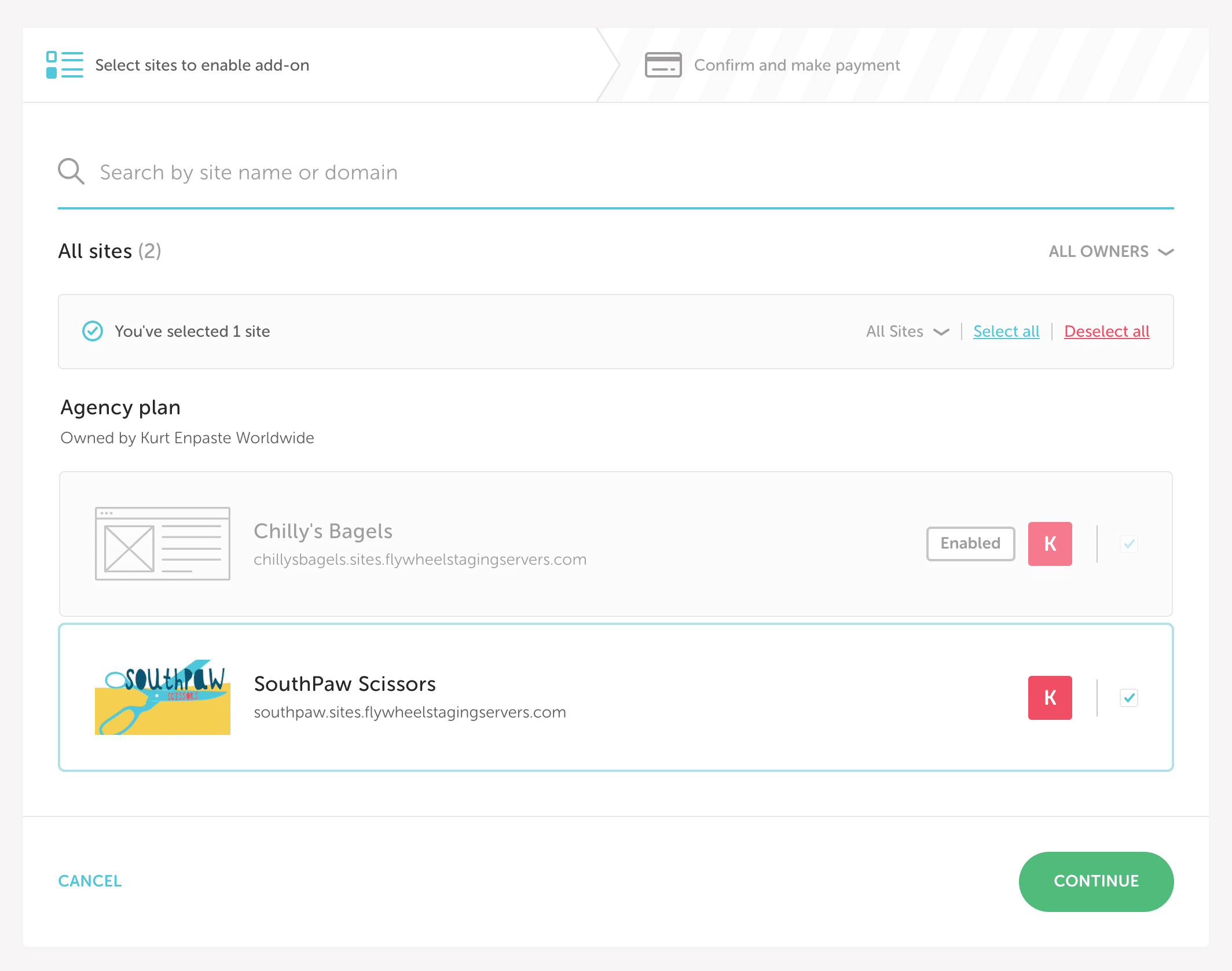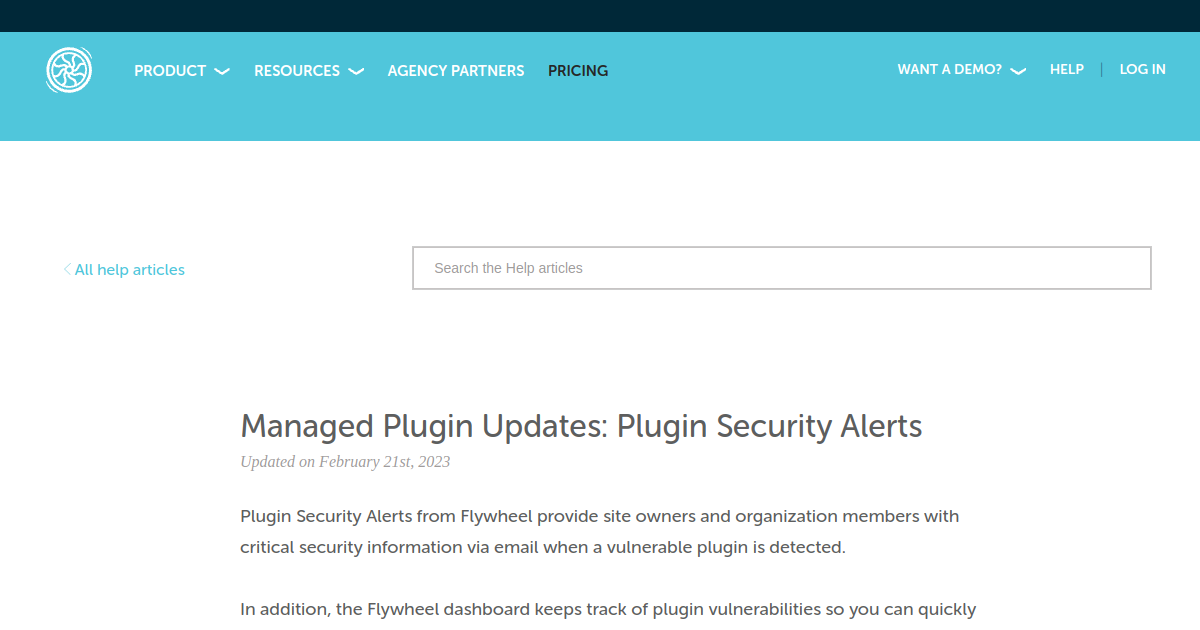Managed Plugin Updates: A Step-by-step Guide To Seo And Security

Executive Summary

In the dynamic world of WordPress, plugin updates are crucial for maintaining a secure and optimized website. However, managing these updates can be a daunting task, especially for website owners who lack technical expertise. This comprehensive guide provides a step-by-step approach to effectively manage plugin updates, ensuring optimal SEO and security.

We’ll delve into the importance of plugin updates, explore the benefits of managed services, and provide a practical checklist for effective update management. By following these guidelines, you can streamline your WordPress maintenance process, reduce risks, and enhance your website’s overall performance.
Introduction
In the ever-evolving digital landscape, WordPress websites are constantly targeted by malicious actors and vulnerabilities. Regular plugin updates are essential for patching security loopholes, improving website performance, and staying ahead of the curve. However, manually managing updates can be time-consuming and complex, leading to potential security breaches and SEO penalties. This is where managed plugin updates come in, offering a streamlined and efficient solution for website owners.
Why Are Plugin Updates So Important?
Plugin updates are critical for ensuring your website’s security and SEO performance. Here’s why:
Security: Updates often include critical security patches that address vulnerabilities exploited by hackers. Failing to update leaves your website vulnerable to attacks, potentially leading to data breaches, malware infections, and website downtime.
Performance: Updates often improve the efficiency and speed of plugins, resulting in a faster and more responsive website. This directly impacts user experience and can improve SEO rankings.
Compatibility: Updates ensure compatibility with the latest WordPress version, preventing conflicts and ensuring smooth website functionality.
Feature Enhancements: Updates often include new features, bug fixes, and performance improvements, enhancing your website’s capabilities and functionality.
Compliance: Outdated plugins can pose legal risks, as they may not comply with GDPR or other data privacy regulations.
What Are The Benefits Of Using Managed Plugin Updates?
Managed plugin updates offer a range of benefits for website owners, simplifying the update process and ensuring a secure and optimized website. Here are the key advantages:
Time Savings: Managed updates eliminate the need for manual updates, freeing up your time to focus on other aspects of your business.
Reduced Risk: Automatic updates ensure that all plugins are kept up-to-date, minimizing the risk of security breaches and compatibility issues.
Improved Performance: Updates are applied promptly, ensuring optimal website performance and a smooth user experience.
Peace of Mind: Knowing that your website is being maintained by experts provides peace of mind and allows you to focus on other priorities.
Increased Productivity: Managed updates streamline your workflow and allow you to focus on core business activities.
What Are The Different Types of Managed Plugin Updates?
There are two main types of managed plugin updates:
Automatic Updates: Automatic updates are applied automatically as soon as they are released, without any manual intervention. This option offers the highest level of security and ensures that your website is always up-to-date.
Scheduled Updates: Scheduled updates are applied on a predetermined schedule, such as weekly or monthly. This option gives you more control over when updates are applied, allowing you to test them before they go live.
How Can I Set Up Managed Plugin Updates?
Setting up managed plugin updates is a straightforward process. Follow these steps:
Choose a Managed Plugin Update Service: There are several managed update services available, including dedicated WordPress hosting providers and third-party plugins.
Configure the Service: Once you’ve chosen a service, configure it according to your specific needs, such as setting up automatic or scheduled updates.
Monitor Updates: Regularly monitor the update process to ensure that updates are applied successfully and that your website is functioning as expected.
How Can I Manage Plugin Updates Manually?
While managed services offer a convenient solution, you can also manage plugin updates manually if you prefer more control. Here’s how:
Back Up Your Website: Always back up your website before applying any updates to ensure you have a restore point in case of issues.
Check for Updates: Regularly check for plugin updates in the WordPress dashboard.
Review Change Logs: Before applying updates, review the change logs to understand the changes and potential risks.
Test Updates: After applying updates, thoroughly test your website to ensure that everything is working as expected.
What Are The Top 5 Subtopics When Discussing Plugin Updates?
Security
Plugin updates are critical for maintaining your website’s security. Here’s why:
Vulnerabilities: Outdated plugins are susceptible to security vulnerabilities that hackers can exploit. Updates address these vulnerabilities by patching them, preventing potential attacks.
Malware: Hackers often target outdated plugins to inject malware onto websites. Regular updates ensure that your website is protected against these threats.
Data Breaches: Unpatched vulnerabilities can lead to data breaches, exposing sensitive information such as customer data and financial details.
Website Downtime: Malware infections and security breaches can lead to website downtime, affecting your business operations and customer experience.
Reputation Damage: A security breach can severely damage your website’s reputation, leading to loss of trust and credibility.
SEO
Plugin updates can have a significant impact on your website’s SEO performance. Here’s why:
Website Speed: Outdated plugins can slow down your website, negatively affecting user experience and search engine rankings. Updates often improve plugin performance, resulting in a faster website.
Mobile Optimization: Updates often include improvements for mobile optimization, ensuring that your website is accessible and user-friendly on all devices. This is crucial for SEO, as Google prioritizes mobile-friendly websites.
Technical SEO: Updates can address technical SEO issues, such as broken links, duplicate content, and crawl errors, improving your website’s visibility in search results.
Content Optimization: Updates can include features that improve content optimization, such as better image optimization and schema markup, improving your website’s search engine ranking.
Analytics and Tracking: Updates can improve analytics and tracking capabilities, providing valuable insights into your website’s performance and helping you optimize your content and SEO strategy.
Performance
Plugin updates play a crucial role in maintaining your website’s performance. Here’s why:
Website Speed: Updates often include performance improvements, such as optimized code and reduced resource usage, resulting in a faster website. This improves user experience and can positively impact SEO rankings.
Resource Usage: Outdated plugins can consume excessive server resources, slowing down your website and impacting its performance. Updates address these resource usage issues, improving overall efficiency.
Load Times: Faster website load times improve user experience and reduce bounce rates, leading to higher conversion rates and improved SEO rankings.
Server Stress: Outdated plugins can place unnecessary stress on your server, leading to slowdowns and potential crashes. Updates alleviate this stress by optimizing code and reducing resource usage.
User Experience: A slow and unresponsive website can frustrate users and lead to a negative experience. Updates improve user experience by ensuring a smooth and responsive website.
Compatibility
Plugin updates ensure compatibility with the latest WordPress version, preventing conflicts and ensuring smooth website functionality. Here’s why:
WordPress Updates: WordPress releases regular updates that include new features, bug fixes, and security patches. Updates ensure that your plugins are compatible with the latest version of WordPress, preventing conflicts and ensuring smooth website functionality.
Plugin Conflicts: Outdated plugins can cause conflicts with other plugins or themes, leading to website errors and broken functionality. Updates address these conflicts by ensuring compatibility with the latest versions of other plugins and themes.
Website Functionality: Compatibility issues can disrupt website functionality, leading to broken features, errors, and a poor user experience. Updates ensure that your website functions as expected by addressing compatibility issues.
Stability: Incompatible plugins can destabilize your website, leading to crashes and other errors. Updates ensure stability by ensuring that all plugins are compatible with each other and the latest version of WordPress.
Maintenance: Compatibility issues can complicate maintenance tasks, making it difficult to update your website and resolve issues. Updates simplify maintenance by ensuring that all plugins are compatible with each other and the latest version of WordPress.
Cost
While managed plugin updates offer numerous benefits, it’s important to consider the cost implications. Here’s a breakdown of costs:
Managed Plugin Update Services: Managed services come with a monthly or annual subscription fee, which varies depending on the provider and the features included.
Manual Updates: Manual updates typically require no additional cost, but you may need to allocate time and resources for managing updates.
Security Issues: Failing to update plugins can lead to security breaches and data loss, which can incur significant costs for recovery and remediation.
Performance Issues: Outdated plugins can impact website performance, leading to lost revenue and damage to your brand reputation.
Expertise: If you lack technical expertise, you may need to hire a developer or consultant to manage plugin updates, adding to your expenses.
Conclusion
Managing plugin updates is essential for maintaining a secure, optimized, and functional WordPress website. Whether you opt for managed services or manual updates, a proactive approach to update management is crucial. By following the guidelines outlined in this comprehensive guide, you can streamline your update process, reduce risks, and enhance your website’s performance. Remember, a well-maintained website is a key asset for any business, contributing to its success and growth.
Keywords:
- Managed Plugin Updates
- WordPress Security
- Website Optimization
- SEO
- Plugin Compatibility
- Automatic Updates
- Scheduled Updates
- Website Performance
- Data Breaches
- Malware Protection
So, you're telling me that I have to update my plugins to stay safe? Wow, who would have thought? I'm so enlightened! Not. 😂
This is a really important topic. Automatic plugin updates can be a real security risk if you're not careful. This guide provides some useful insights, but it's crucial to stay informed and take precautions.
I'm a total newbie to WordPress. Is this really as important as the article makes it out to be? Maybe I'll just stick to manual updates for now... 😥
This is great advice. I've had some security issues in the past, and I'm determined to be more proactive about plugin updates. Thanks for the tips!
This article is so helpful! I finally understand why my website is so slow - it's because I haven't been updating my plugins. Time to get this sorted out! 💪
This is a great article! I've been struggling with plugin updates for ages, and this guide finally made sense. Thanks for the clear and concise instructions!
This article is a bit long, but it covers everything you need to know about plugin updates. I'm glad I read it! It's saved me a lot of headaches. 👍
I disagree with the author's claims about the importance of security. WordPress is a secure platform, and most plugins are well-maintained. Auto-updating is just an unnecessary complication.
Auto-updating plugins seems like a good idea, but what if the update breaks something? What if I lose all my data? I'm not sure I'm ready to take that risk... 😓
I'm not sure about this, I've always updated my plugins manually and never had any problems. This seems like a lot of extra work for no real benefit. Maybe I'm missing something?🤔